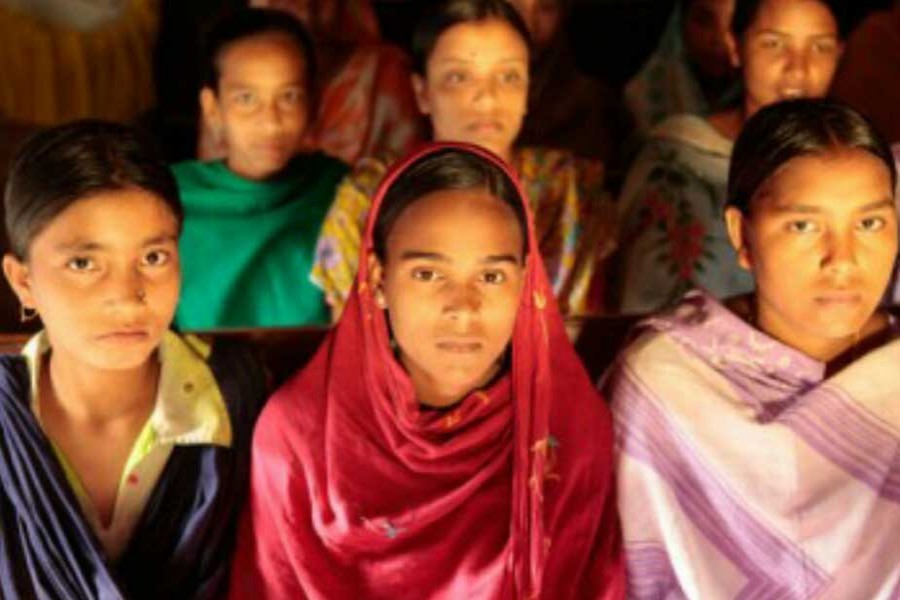The pitiable conditions a host of migrant women workers found themselves in primarily in Saudi Arabia and other Middle-east countries have intermittently made screaming headlines. Following incidence of maltreatment including physical abuse most women workers opted for returning home. Such workers numbering 10,000, could manage to come back from different Middle-eastern countries. How do they fare on their return? A report carried on the front page of this newspaper's Sunday issue has brought into focus how some of these wretched souls are trying to come to term with the grim reality and also motivating themselves towards rebuilding their life. They have received supports, including the financial, from non-government organisation like BRAC and under initiative like Ovibashi Karmi Unnayan Programme (OKUP). But the number of recipients of such help is very small. How the majority of the returnees are coping with their financial loss and mental trauma should be a matter of concern.
Those migrant women returnees who are still bearing the brunt of maltreatment in places of work have no one to turn to. In many cases their husbands or families have abandoned them. The government naturally has to take these hapless women under its wings. To their advantage, most of the returnees have acquired some knowledge and skill in household work overseas. But their skill is unlikely to be utilised unless they find suitable workplace here. However, by way of a blessing in disguise, the options open before them are self-employment, entrepreneurship development and retraining prospect to fit them into new jobs. In the FE report, a group of migrant women returnees have started a catering business -one that is of self-employment type and stands to be extended for providing for a few more working hands. More such ventures will be needed to rehabilitate the migrant returnees.
Catering trade does not prove challenging enough for women who went abroad with employment as domestic help. It is the establishment of a distribution channel where the women may find their knowledge wanting. When NGOs extend a helping hand to them, they become aware of the limitation and are likely to overcome their shortcoming. Development of more challenging entrepreneurship will demand business acumen and smartness on the part of women. Here proper selection of women returnees for retraining will be an important criterion. Also others will be retrained depending on their choice and natural inclination. Thus trained, they can be employed in factories and industries, small and medium-sized.
First of all, there is a need for tracking the whereabouts of migrant women returnees who were not accepted by their families. Then a list may be prepared of them all and the most vulnerable among them have to be set aside for assistance according to their requirement. The NGOs cannot take care of all the returnees. Better it would be if the government come forward to help them under a well devised and coordinated programme. The need is to integrate them with mainstream society. To do that their idle hands must be turned into working hands. This will serve their as well as the community's interests.


